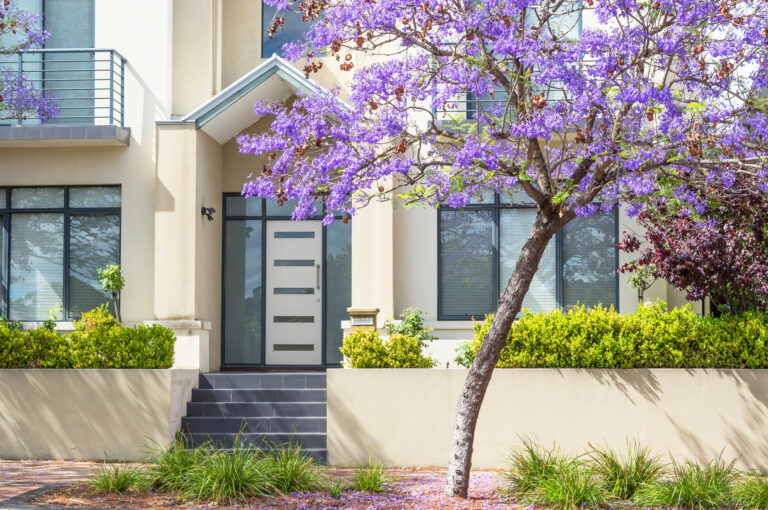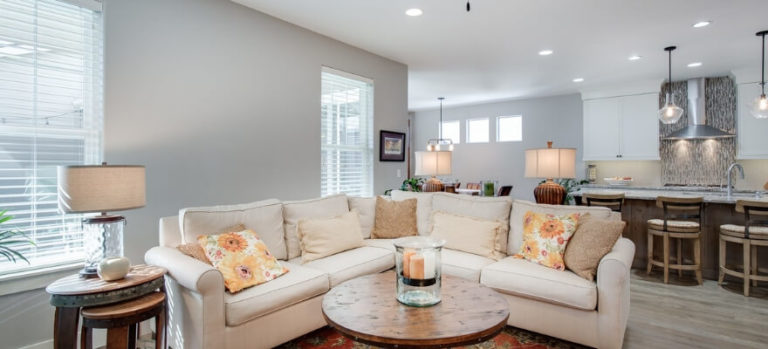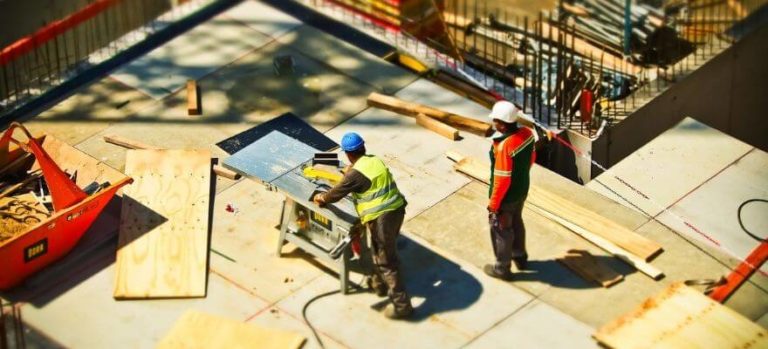The Queensland Government’s housing summit overlooked the core issues and failed to include representatives of the sector which can provide the solution to rental shortages, mum and dad investors. The shortage has been caused by disincentives to investors and, according to the 2022 PIPA Annual Investor Sentiment survey, 20% of property investors say they plan to sell within 12 months. It warns that if those investors go ahead with those plans, it will reduce the supply of rental properties throughout Australia by another 200,000 properties. One of the top reasons investors give for their decision is that they feel they have lost control of their assets. PIPA Chair Nicola McDougall says it’s disappointing that neither PIPA nor the Property Investors Council of Australia were invited to the Queensland Housing Summit. “Investors are clearly feeling like they have lost control of their real estate assets but seemingly they still don’t deserve a seat at the table, even though they provide the majority of rental accommodation around the nation,” she says.
Gold Coast Rail Full Steam Ahead
It’s full steam ahead for construction of stage 3 of the Gold Coast Light Rail following a sod turning ceremony last week. The $1.2 billion extension will add 6.7km to the line, connecting Broadbeach to Burleigh Heads and will include eight new stations. Initial works will relocate and upgrade major water main, sewer and gas infrastructure along the Gold Coast Highway. The extension is jointly funded by the Federal and State Government and Gold Coast City Council. Patronage on the Gold Coast Light Rail has been increasing and it is the only public transport in Queensland to have surpassed pre-COVID levels. Queensland Premier Annastacia Palaszczuk says the system will play an important role in transporting people during the 2032 Olympic and Paralympic Games. Transport Minister Mark Bailey says there are also plans to look at extending the heavy rail from Varsity Lakes to Gold Coast Airport and that the State Government would be “closely looking at it” in the coming months
Quote of the Week
“Investors are clearly feeling like they have lost control of their real estate assets but seemingly they still don’t deserve a seat at the table, even though they provide the majority of rental accommodation around the nation.”
PIPA Chair Nicola McDougal
Budget Plan For A Million Homes
The private sector will be encouraged to work alongside all levels of government to help deliver on the Federal Government’s national housing “accord,” which is designed to deliver a million new homes in five years from 2024. Treasurer Jim Chalmers says all levels of government will work with institutional investors and the construction sector, to help address chronic shortages of supply. He says the government will also provide $350 million in additional federal funding to deliver 10,000 affordable homes over five years from 2024. Under the accord, the states and territories will be tasked with fast tracking zoning, planning and land release for social and affordable housing. “The accord recognises most of this supply needs to come from the market with government playing a key role in enabling and kick-starting investment,” Chalmers says. The new Treasurer’s Investor Roundtable will also explore further ways to promote investment in housing, bringing together leaders from the investment community, superannuation funds, the major banks and global asset managers.
Clearances Continue To Rise
Auction clearance rates have exceeded 60% for the third consecutive week despite the dampener of widespread wet weather and flooding, and a major increase in auction volumes. CoreLogic figures show clearance rates rose by 1.3 percentage points to 62.7% across the combined capital cities. Adelaide had the highest clearance rate last week of 75.3% (up 5.1% on the previous week), followed by Melbourne 64.6%, Sydney 61.6%, the ACT 57.6% and Brisbane 48.6%. CoreLogic research director Tim Lawless says auction volumes rose strongly last week across the combined capital cities and surpassed the 2,000 mark for only the third time since late June, although listings are still 29% lower than at the same time last year. “We are still seeing substantially fewer auctions than a year ago which lines up with a broader trend where the number of new listings added to the market remains remarkably low for this time of the year as many prospective vendors stay on the sidelines,” he says.
Shortage Drives Up Rent Prices
Rents hit a new record high in the past quarter, according to Domain’s latest rental report. It shows that combined capital city house rents are up 1.9% in the three months to September with the average price of renting a house now $530 per week. Unit rents are up 6.5% over the quarter, with the average weekly rent for a unit now $490. Domain chief of research and economics Dr Nicola Powell says the increases are a result of a “misalignment between supply and demand.” In good news for investors gross rental yields are continuing to rebound from the lows recorded during the height of the pandemic. “Gross rental yields for houses and units are also improving and are at their highest point on record, so it’s a good time for investors to enter the Australian rental market, which will help alleviate some supply pressure,” Powell says. Gross rental yields for houses and units are 3.25% and 4.18% respectively










